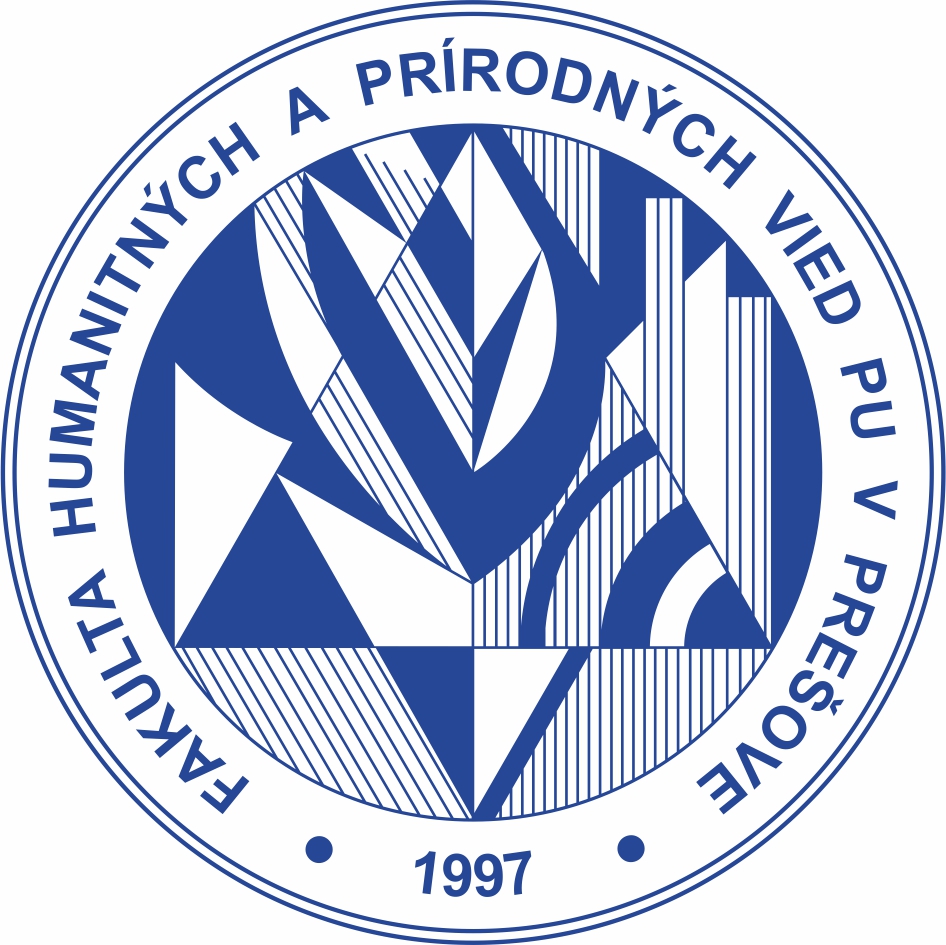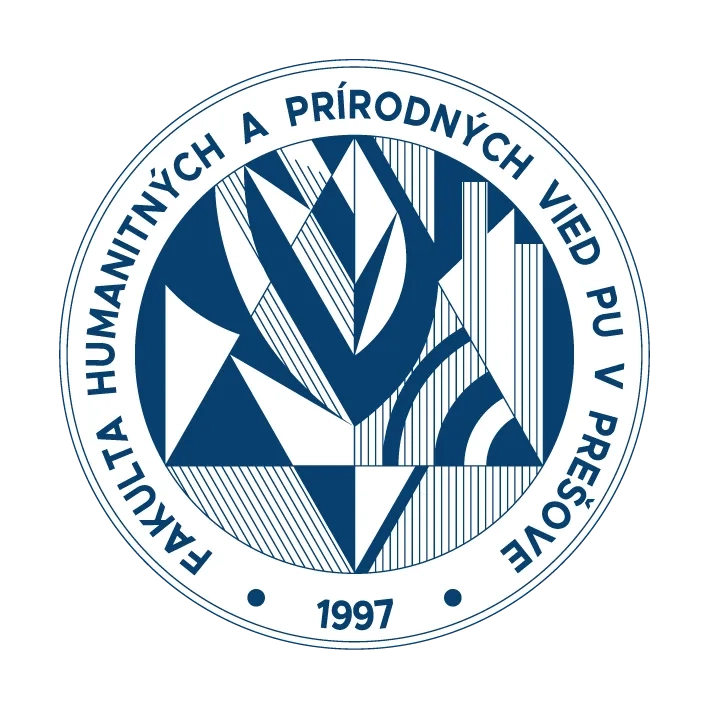About Faculty

Faculty of Humanities and Natural Sciences is an institution providing higher education in accordance with the national and regional demands as well as carrying out research in a wide range of natural sciences and humanities.
Our faculty is multidisciplinary and open to the international scene. Perfectly knowing the region to which it is tightly bound, in association with the national research institutions and the international research facilities, it is building its research and innovation policy.

In a constant quest for progress and initiatives, our faculty and its departments cooperate with many partners to keep up with the development of the society, its needs and challenges.
The faculty consists of six departments who together represent the foundation of our education and research within disciplines such as biology, ecology, geography, physics, mathematics, technics, pedagogy, psychology and andragogy.
Teaching is offered at all levels and in all our research fields.
Offered programmes and modules - university
Offered subjects - faculty (Please find more details and information about the courses taught for incoming students on the websites of the individual departments.)
Departments
- Department of Biology
- Department of Ecology
- Department of Geography
- Department of Physics, Mathematics and Technologies
- Institute of Pedagogy, Andragogy and Psychology
Education
The faculty runs both single and double honour degree teacher training as well as non-teacher training programs, some of which are also offered as part-time programs.
Teacher training programs include teacher training in the following academic disciplines:
- Biology
- Geography
- Physics
- Technology Education
- Pedagogy
Non-teacher programs include:
- Biology
- Ecology
- Geography and Applied Geoinformatics
In addition, the faculty runs doctoral programs in the following scientific disciplines: Anthropology, General ecology and ecology of an individual and populations, Regional geography and Theory of Physics Education.
Moreover, the faculty has been authorized to carry out habilitation proceedings and professorship appointments in disciplines: 4.2.8 Anthropology and 4.3.4 General ecology and ecology of an individual and populations.
- Excellence Centre of Animal and Human Ecology (Department of biology and Department of ecology) is equipped by cutting-edge technology for performing biochemical, ecophysiological and molecular analysis at the top level. The research activities focus primarily on the research of influence of genetic and environmental factors on the physiology of animals and humans. The centre includes several laboratories: Laboratory of animal molecular ecology, Laboratory of animal and plant ecophysiology, Laboratory of human molecular ecology, Laboratories of sequencing analyses, Biobank, Laboratory of environmental biotechnologies and Laboratory of animal biodiversity.
- Laboratory of Geographic Information Systems (GIS) (Department of Geography and Applied Geoinformatics) is a fully equipped laboratory for collection, processing and visualization of geographic information. The hardware consists of several GPS receivers, laser distance measurement tools, large-format scanners, plotters and high-performance computers. Spatial analysis and modelling are performed using QGIS, GRASS GIS, ArcGIS and other GIS software packages.
- Laboratory of Open Source GIS Technologies (Department of Geography and Applied Geoinformatics) is focused on teaching, testing and development of modern open source GIS technologies with application use for university students and staff, as well as for public and private sector organizations cooperated with the university. It provides also a place for organizing GIS workshops, trainings, mapathons or data sprints related to work procedures within data creation of final geodata products.
- Laboratory VERSALAB (Department of physics, mathematics and technology) is a modern laboratory which enables measurements of relations among electric, magnetic and temperature qualities of solid substances within the range of 50 K – 400 K. International cooperation is based on bilateral contracts signed at university or faculty level.
International relations
